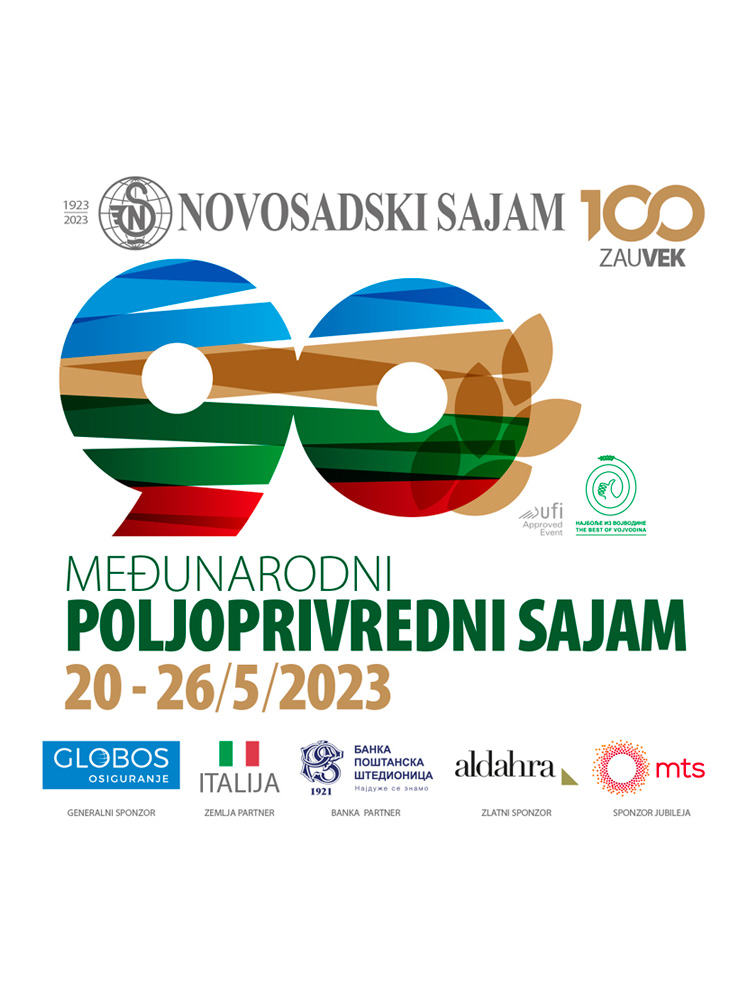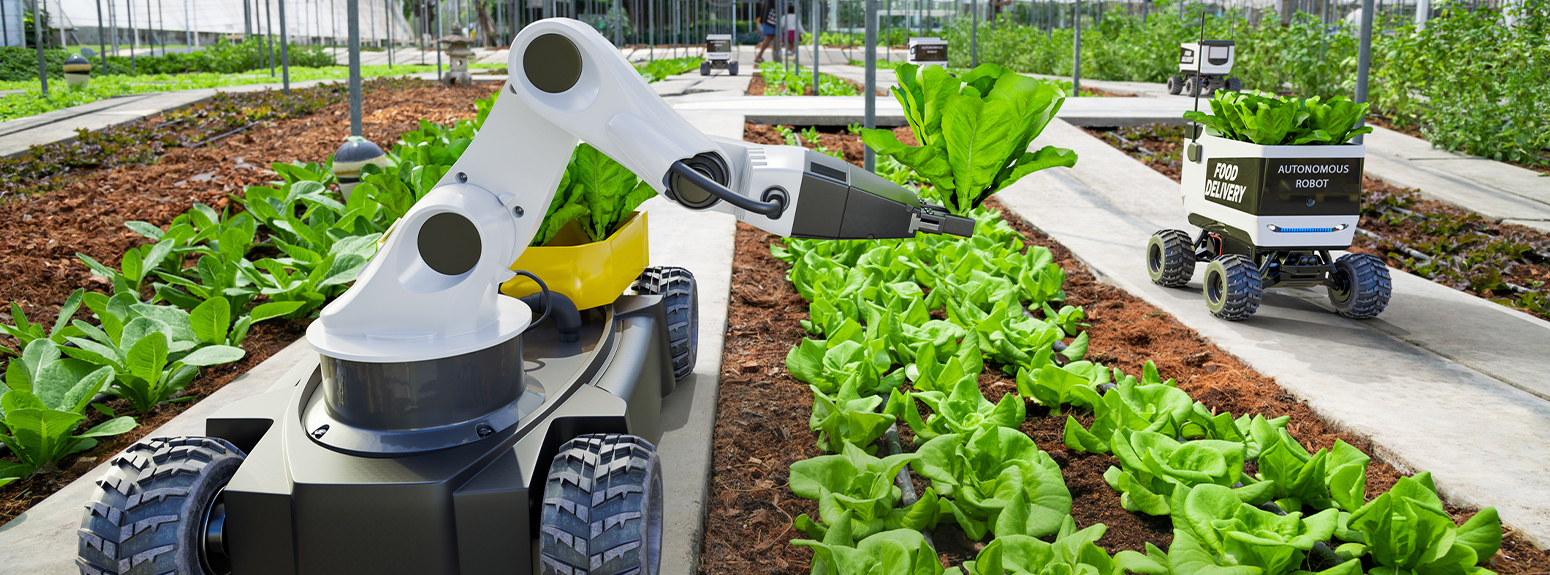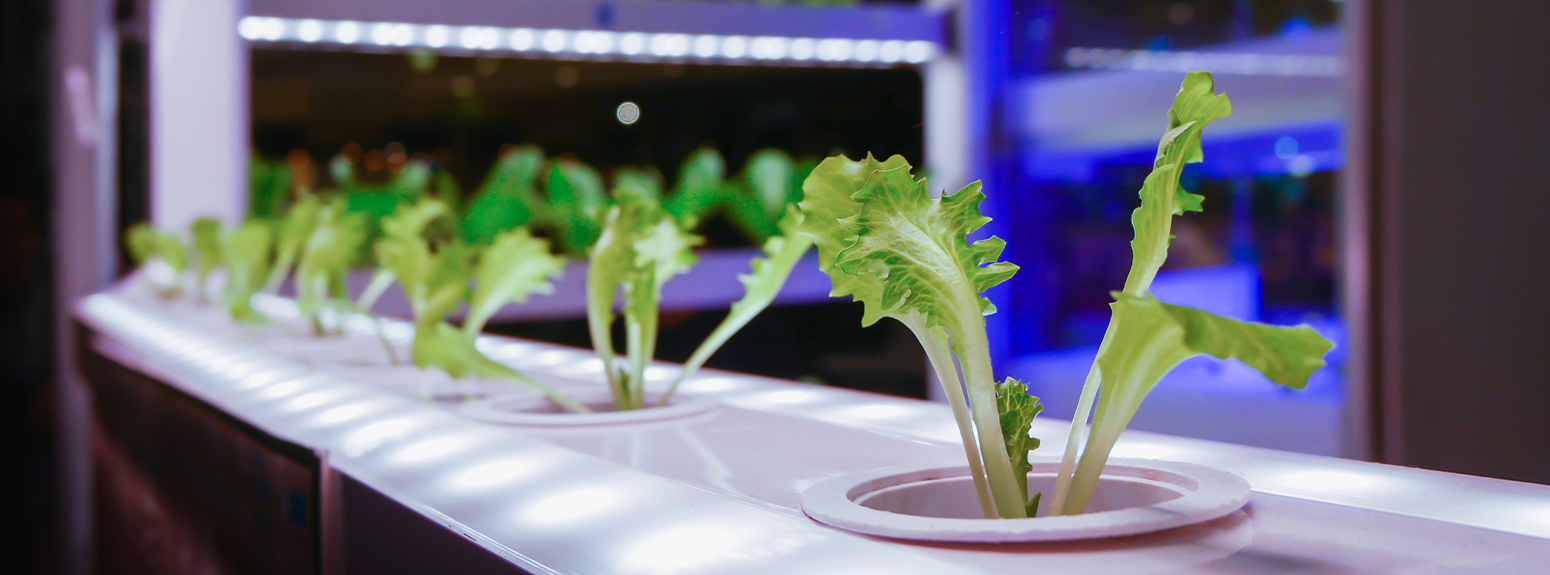At the Novi Sad Agricultural Fair Intesa Sanpaolo Innovation Center presents agritech innovation of today and tomorrow
In Novi Sad (Serbia) from 20 to 26 May 2023 took place the 90th edition of the International Agricultural Fair, a reference event for the agricultural and zootechnical sector in South-Eastern Europe. The Fair welcomed 1,100 exhibitors from 21 countries and more than 140,000 visitors, beyond high-profile representatives of local, European and international institutions.
Italy - partner country of the event - as well as a "reserved" exhibition space where 20 companies had the chance to present their innovative solutions - proposed seminars and workshops in order to promote cooperation between Italian and Balkan operators.
Italian participation involved Banca Intesa Beograd - Serbian subsidiary of the Intesa Sanpaolo Group -, was present at the Fair with a stand in order to allow Serbian and Italian customers active in the sector to get in touch, discuss best practices and start new collaborations.


The participation of Intesa Sanpaolo Innovation Center at the Novi Sad International Agricultural Fair
Daniele Borghi - innovation analyst of Trend Analysis office - in representation of Intesa Sanpaolo Innovation Center participated as a speaker at the important conference "Innovation & Investments "Monday May 22, together with representatives of the Serbian government.
Borghi presented to an audience made up of micro-enterprises, SMEs and Corporates the technologies already available for the sector developed by international startups, those "coming" in the short-medium term, explaining also how agribusiness thanks to the use of innovative sustainable solutions can become the main driver for the ecological transition.


Innovative technologies and solutions for agriculture already available on the market
The technologies already on the market range from self-driving tractors - mainly used for planting, fertilizing and irrigating the land -to UAS drones that optimize operations by increasing harvest and production, gathering also fundamental data for precision agriculture. Innovations that include robots capable of locating, picking and transporting the crop of fields and orchards using Artificial Intelligence to identify ripe fruits and vegetables, and predictive models that - through data analysis - provide crucial information in order to "protect" the plantations.
Also, the modular platforms connected taking advantage of sensors and AI, allow mapping of field’s characteristics of the fields through the analysis of data from multiple sources such as drones, satellites and intelligent irrigation systems.


The upcoming agritech solutions: from "speed breading" to nanotechnologies
Moving on to solutions available soon or to be implemented, Borghi explained how– also thanks to synergies with startups active in the aerospace sector whose reference market is the agri-food sector - are almost ready disruptive technologies able to respond to the new challenges of the sector.
Among these the "Space Farming” has pushed research towards the development of bioregenerative systems and "speed breeding" technologies that allow to obtain up to six annual harvests -, urban agriculture with hydroponic crops that don’t require use of pesticides or agrochemicals allowing to reuse water resources and "save soil" (for instance vertical farming) and the use of nanotechnology in cultivation, production processes and packaging to ensure food safety.
ESG: how agri-food can change and become the "engine" of the green transition
The presentation closed with a focus on the sustainability in key ESG, as the sector is among the main responsible for polluting emissions on a global scale (21% of total emissions in 2019), beyond exploiting 70% of the planet's water resources.
Giving more importance to the environment and sustainability, consequently, is a key mindset to make agri-food an "engine" of the green transition, cause the Global demand is expected to grow by 1% on an annual basis until 2030.
Among main driver for green agriculture there are Organic products – increasingly requested by final consumers – which require the usage of biostimulants, bioherbicides and biopesticides, as well as greater attention to the safety and traceability of products thanks to the identification of contaminating elements, in addition to the transformation of waste in a resource also for energy’s production.
Last but not least, "competition" in land use between traditional agriculture and the growing need for renewable energy has led to the development of agrophotovoltaic systems (APV). Systems that, while reducing water consumption and increasing yield by 70%, produce "green" energy representing a possible source of secondary income in the long-term.
